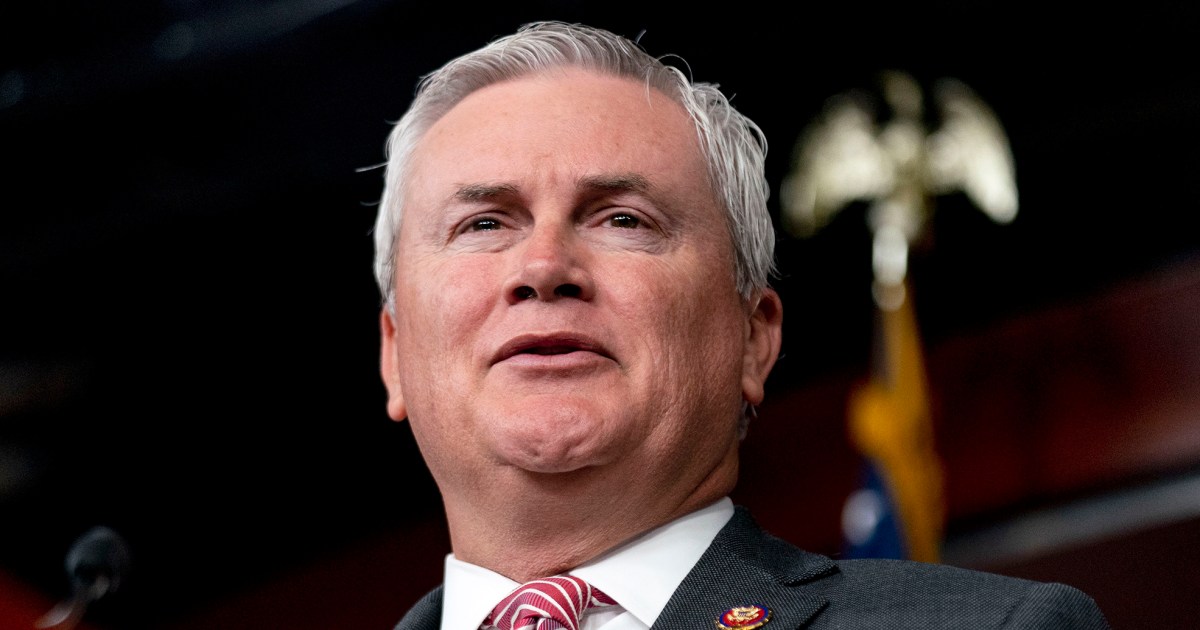The announcement is significant, as it brings to an end to months of speculation about the fate of the tea business in India, which is a growing segment for local unit Hindustan Unilever (HUL)
Topics
Unilever | Hindustan Unilever HUL | Sanjiv Mehta
Consumer goods major Unilever on Thursday said it would retain its tea businesses in India and Indonesia, following a strategic review that began in January.
The announcement is significant, as it brings to an end to months of speculation about the fate of the tea business in India, which is a growing segment for local unit Hindustan Unilever (HUL).
“In January, Unilever announced a strategic review of its global tea business, which includes brands such as Lipton, Brooke Bond and PG Tips. This review has assessed a full range of options. We will retain the tea businesses in India and Indonesia and the partnership interests in the ready-to-drink tea joint ventures,” Unilever said.
The review has resulted in Unilever deciding to demerge the rest of the tea business, valued at euro 2 billion or $2.3 billion, into a separate entity. The India and Indonesia tea businesses along with the other tea joint ventures are valued at $1 billion, analysts said.
The company is expected to put the demerged entity up for sale and has already reportedly received interest from some of the top buyout firms in the world, including Advent International, Bain Capital, KKR, Blackstone and others.
ALSO READ: MNC CEOs anxious over localised lockdowns even as pandemic surges
Unilever said the demerger would conclude by the end of the next calendar year.
“The balance of Unilever’s tea brands and geographies and all tea estates have an exciting future, and this potential can best be achieved as a separate entity. A process will now begin to implement the separation, which is expected to conclude by the end of 2021,” the company said.
On Tuesday, HUL reported a 52 per cent year-on-year sales growth for its foods and refreshments business in the April-June period, led by tea, coffee and packaged food brands such as Kissan. Sanjiv Mehta, chairman and managing director, HUL, said this was on account of the in-home consumption trend visible in foods, led by the pandemic and lockdown.
Tea is part of the essentials portfolio of HUL, which constitutes 80 per cent of its business. This business grew at a rate of 6 per cent in April-June,while discretionary and out-of-home segments of the company degrew sharply, it said.
HUL competes head-on with Tata Consumer Products in tea, with brands such as Brooke Bond Red Label, Taaza, Taj Mahal Tea and Lipton (in green tea). The company is estimated to have a share of 20-21 per cent in the domestic tea market valued at Rs 15,000 crore.


















